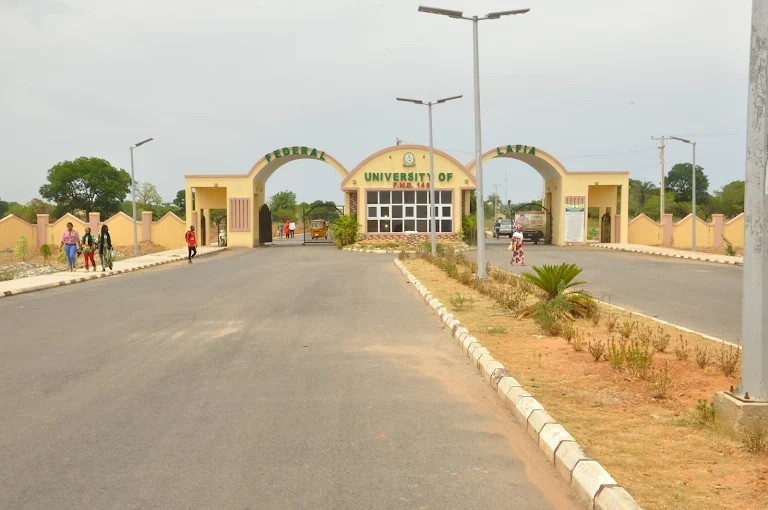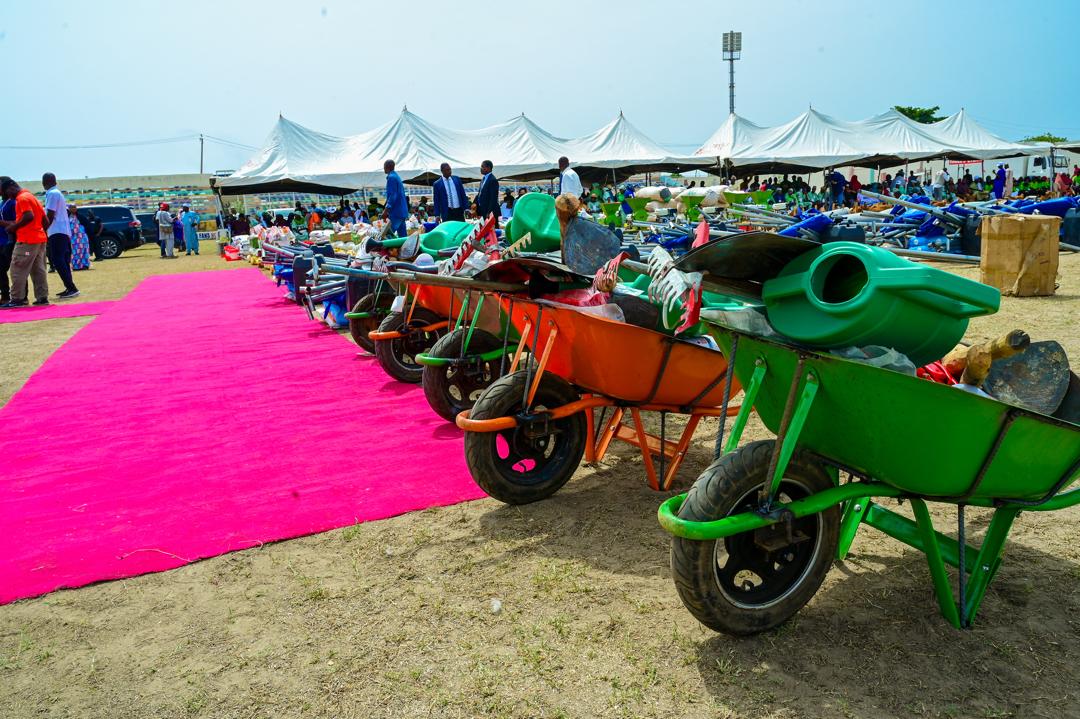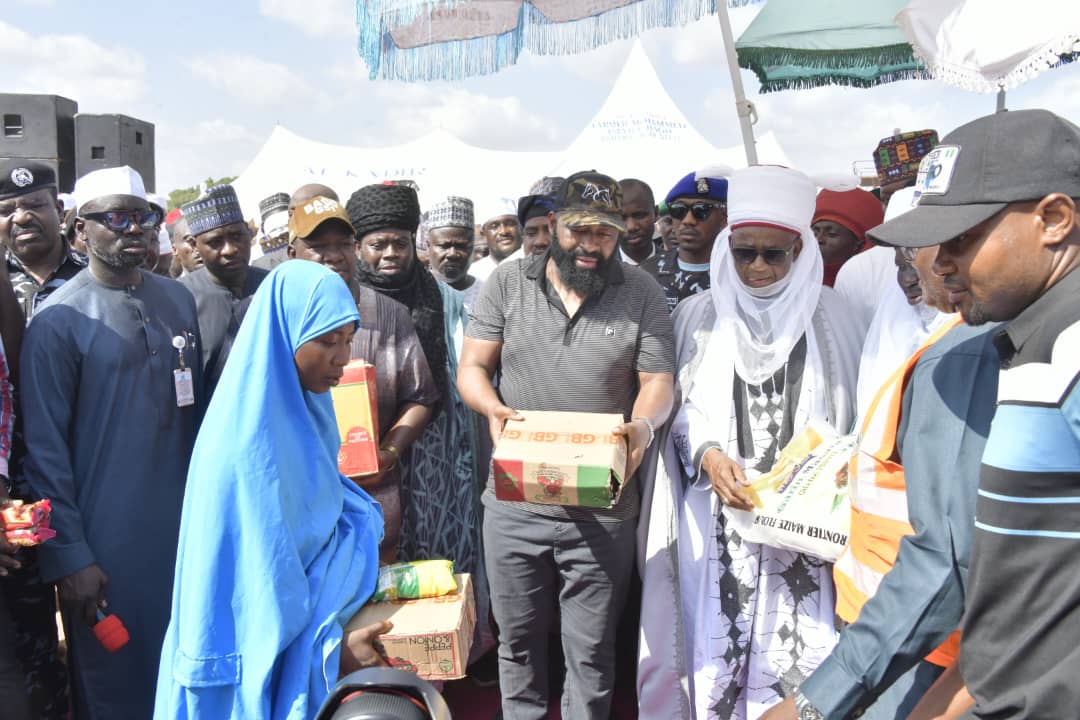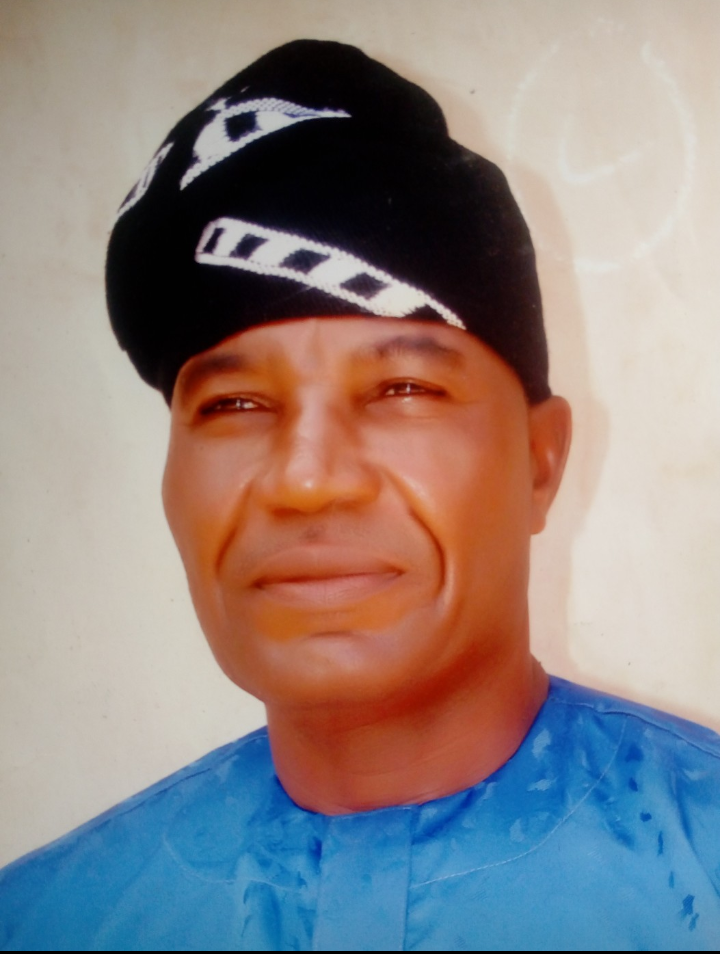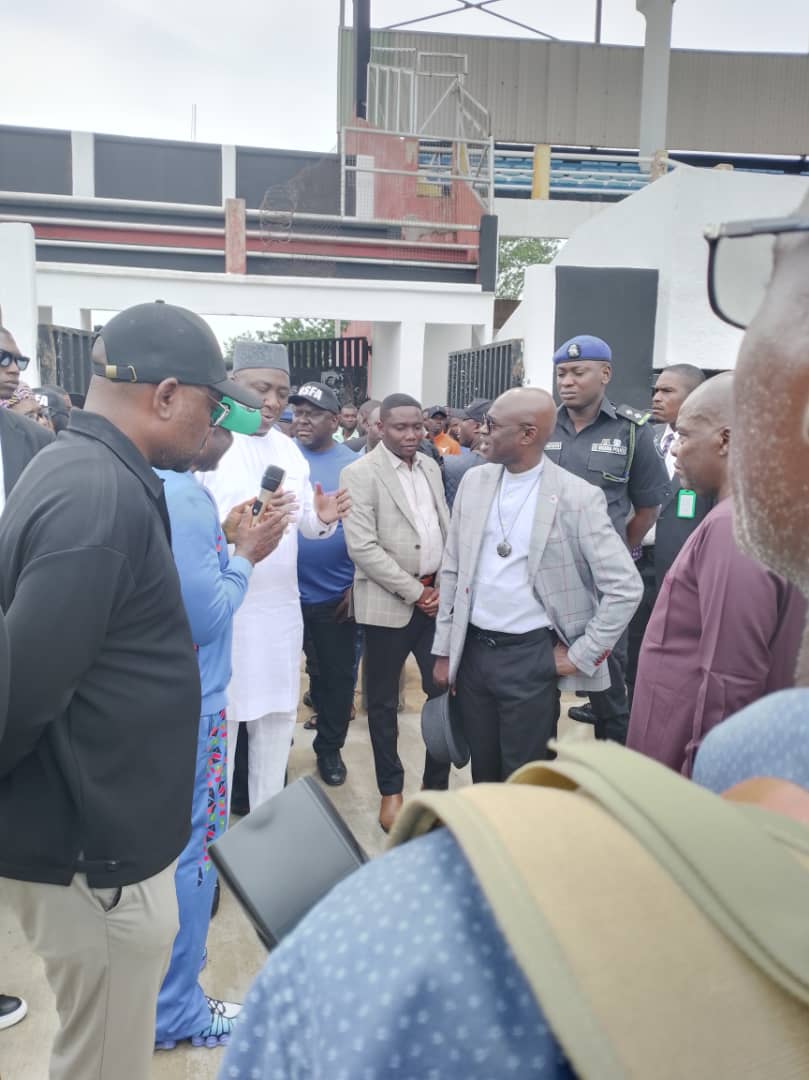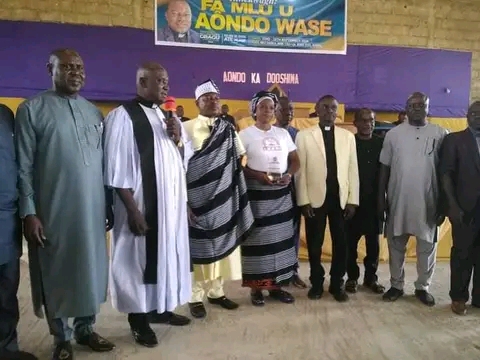The Centre for Cultural Studies at the Federal University of Lafia has organised its second webinar series to rekindle dialogue between traditional healing practices and modern medicine.
Director of the Centre, Prof Zara Kwaghe said the meeting held with the theme:”Revisiting Our Past- Bridging Indigenous Wisdom and Modern Medicine for a Healthier Future,” was organised to recognise the value of indigenous knowledge in promoting healthcare.
Prof Kwaghe emphasised the need to build bridges between traditional and modern medicine, rather than choosing between them.
“The goal is to imagine a healthcare future that is inclusive, sustainable, culturally grounded, and scientifically sound.”
She stated that the University exists to reach out to the community and partner with traditional healers to promote a healthier society, adding that the Centre aims to bring out the best in the community as part of its social responsibility.
Speaking during the meeting, experts in the field of medicine called for collaboration and integration of traditional medicine into the healthcare system of Nigeria for a healthier society.
Delivering a paper on the topic:” Revisiting Bioactive Plans in Traditional Healing: A Microbiological Appraisal”, Prof Aleruchi Chuku, Provost, College of Health Sciences at the university, called for collaboration between relevant stakeholders to scientifically validate traditional medicine.
“There is a need to come together to scientifically prove what traditionalists have been doing and document it so that drugs can be measured in dosage for both children and adults”, she said.
Chuku advocated for the establishment of a national herbal database, standardisation framework for dosage and preparation, and promotion of safe usage and proper dosing and hygiene in traditional herbal practice.
She also urged the government to invest in clinical trials of key medicinal plants.
Also speaking, Prof Ali Shugaba, Provost of the College of Medicine, FULafia, noted that traditional therapies can supplement modern healthcare, but require integration, care, and consideration.
“We can use traditional therapies for preventative care, mental health, and some chronic diseases,” he said.
He, therefore called for cultural sensitive care and government integration of traditional medicine into the healthcare system.
On his part, Prof Victor Dugga, Provost of the College of Postgraduate Studies, emphasised the need to document and digitise indigenous African medical knowledge and art forms.
“The African Traditional Medicine system knowledge has not been properly documented,” he lamented.
In his remarks, the Vice Chancellor of FULafia, Prof Shehu Abdul Rahman represented by the Dean, Faculty of Management Sciences, Prof Muhammad Kida emphasised the importance of collaboration with stakeholders in advancing research outcomes in indigenous knowledge for a healthy society.
He stressed the significance of assessing the relevance of traditional medicine to modern healthcare through collaborative efforts between stakeholders.
According to him, the aim of the webinar was to provide a platform for other researchers, university community, and the external community to collaborate and synergise to come up with research outcomes that will be useful to the community and the field of academy.
He noted that the research outcomes will be made available to communities, adding that, “the recommendations and conclusions as well as the challenges and solutions from the webinar that have been discussed will be made available to the public.”
The VC said the Centre for Cultural Studies was committed to organising more webinars and research activities that will promote collaboration and synergy among researchers and stakeholders.
Isa Anbana, a traditional healer, in his reaction noted the effectiveness of traditional medicine in treating various ailments, including skin diseases.
He emphasised the importance of understanding dosage and administration, as well as acknowledging the limitations of traditional medicine.
Anbana noted that traditional healers refer patients to hospitals when necessary and transfer knowledge to others who are obedient and abide by the terms and conditions.
In a goodwill message, Prof Ekanem Braide, Pioneer Vice Chancellor of the University, commended the current management for initiating the programme and suggested that traditional practitioners should be part of the university’s faculties and College of Medicine to impart knowledge.
Also speaking , Dr Ibrahim Tanko, Nasarawa State Commissioner for Information, Culture and Tourism also emphasised the importance of revisiting African Traditional Medicine (ATHMed) to ensure its revival.
He called on the University to partner with the State government to carry out sensitisation campaigns to educate the public on the right usage of such medicines.
The Voice reports that the webinar encouraged members to share their findings and engage in discussions on bridging the gap between indigenous wisdom and modern medicine.

